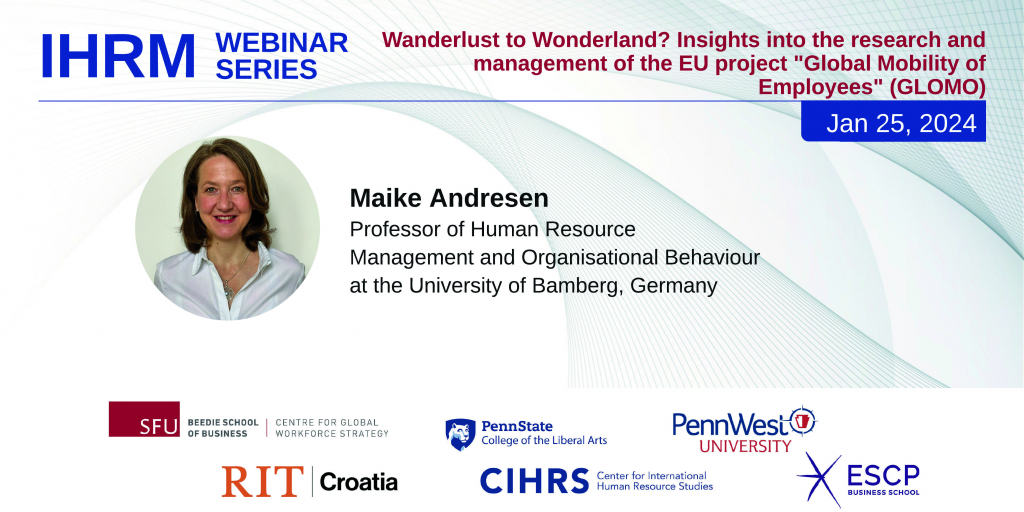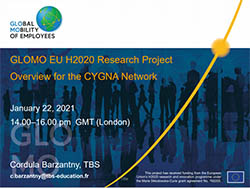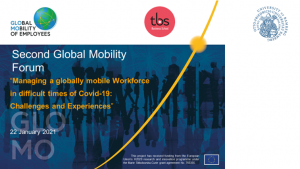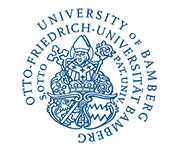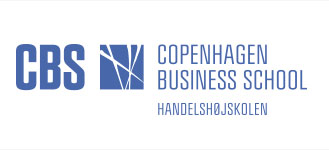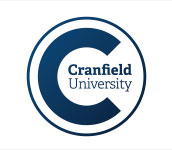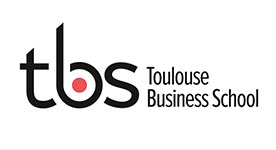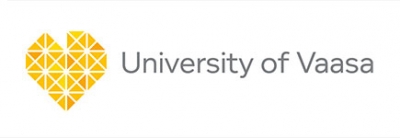Latest news
Wanderlust to Wonderland? Insights into the research and management of the EU project “Global Mobility of Employees” (GLOMO)
We would like to thank you for participating in the IHRM webinar on 25 January 2024. In case you missed Prof Dr Maike Andresen’s webinar, the recording of the session is now available online. Thank you and enjoy watching!
The second Global Mobility Forum on Friday, 22nd January 2020, 10.00–12.00 am (CEST) was again a virtual event where human resources professionals, global mobility managers, recruiters and people in leadership position were interacting with academics and international human resource scholars. Organised by Prof. Dr. Cordula Barzantny at Toulouse Business School, this 2nd edition stood under the theme “Managing a globally mobile Workforce in difficult times of Covid-19: Challenges and Experiences” and attracted an international, European, remote audience. After a lively witnessing by Benoît Pivin, Head of Global Mobility at Airbus Group. on ‘The Challenge of Covid-19 for Global Mobility @ AIRBUS’ presenting the managerial realities during this Covid-19 Pandemic, three GLOMO project ESRs gave their preliminary research findings on Global Mobility with emphasis on the pandemic. A final exchange and discussion with the audience on observations and organizational experiences across the challenging covid-19 crisis was fostering cooperation between managerial practice and academic research.
Three (out of fifteen) Early Stage Researchers (ESRs) of the GLOMO project (www.glomo.eu):
The international GLOMO project has selected Tania Biswas and Rodrigo de Melo to University of Vaasa as project researchers. As a part of the international research project, they study global mobility from the viewpoints of wellbeing and success.
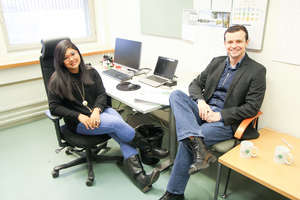
The international GLOMO project has selected Tania Biswas and Rodrigo de Melo to University of Vaasa as project researchers. As a part of the international research project, they study global mobility from the viewpoints of wellbeing and success.
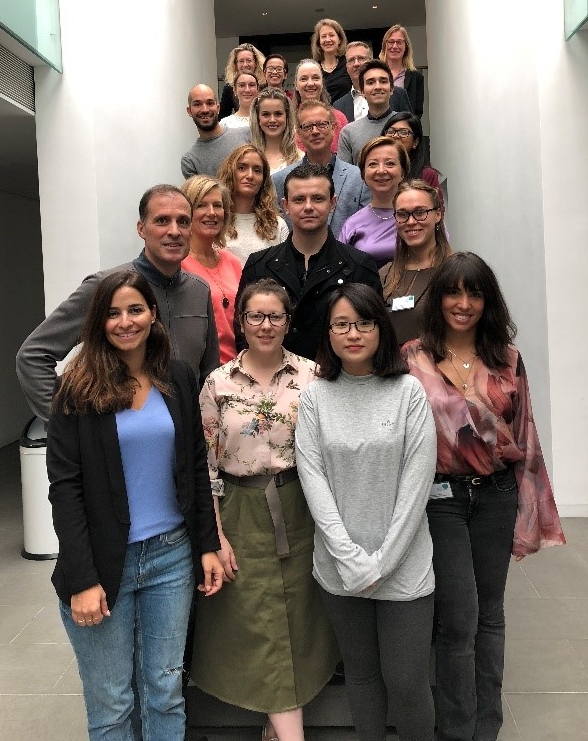
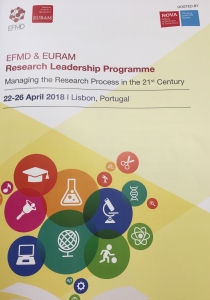
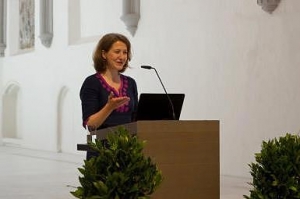
Maike Andresen has initiated a project on the mobility of workers. Are the professional prospects of a German electrician improving after having worked in Micronesia for five years? Or are employers in the UK happy when a British pharmacist spent three years in Germany? What effect a multi-year stay abroad has on careers abroad and in the home country, “Glomo” wants to find out – the international research project “Global mobility of employees”.
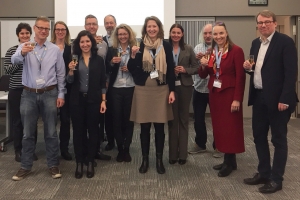

Vaasan yliopisto sai merkittävän rahoituksen EU:lta – tutkimus- ja tohtorikoulutushanke GLOMO keskittyy kansainväliseen työliikkuvuuteen.

The University of Vaasa has received significant EU funding – The new research and doctoral training programme GLOMO focuses on global mobility of employees.

